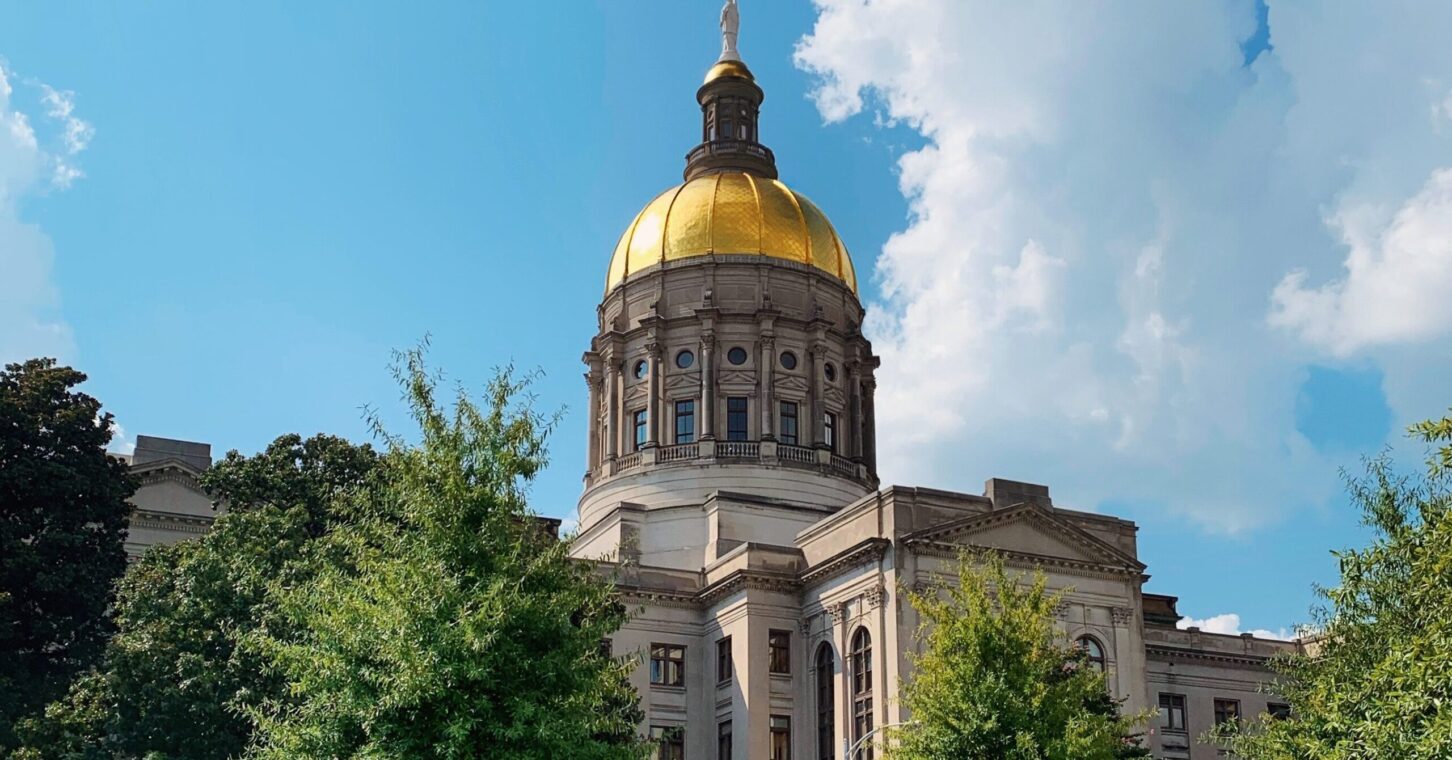
Georgia is one of the freest places to live in North America, according to a report from the Fraser Institute. But what does freest mean, exactly?
Economic Freedom of North America 2022 is the 18th annual report released by the Canada-based Fraser Institute that analyzes the extent to which public policies support “the ability of individuals to act in the economic sphere free of undue restrictions.” Georgia ranked eighth-most economically free (tied with Indiana, North Dakota and Texas) among the 92 states and provinces in the United States, Canada and Mexico at an all-government level. Only New Hampshire, Florida, Utah, Idaho, South Carolina, South Dakota and Montana fared better.
“All-government” was one of two indices used to determine economic freedom, the other being the subnational index. The subnational index accounts for government spending, taxes and regulation, whereas the all-government index includes three additional metrics at the federal level: legal systems and property rights, sound money and freedom to trade internationally.
Georgia also stacks up well among American states by the subnational standard, ranking seventh out of 50. The countries were given separate subnational indices because of the variance in federal and subnational governmental responsibilities between them.
While the all-government index was divided into four quartiles, ranging from most-to-least free, they can also be almost-neatly divided into the three North American nations. The first (freest) and second quartiles are made up entirely of American states, and the third and fourth (least free) quartiles almost exclusively include Canadian provinces and Mexican states, in respective order. There are a few exceptions to this method of division. Delaware is the lowest-rated U.S. state, and ranks 52nd overall, just below British Columbia. Rhode Island is tied with Alberta at 47th, and Hawaii and New York rank behind them, tied at 49th.
The Fraser Institute notes the positive correlation between economic freedom and well-being, and the positive relationship between the growth of economic freedom and the growth of a jurisdiction’s economy. Changes in economic freedom have a significant impact on income level, even when accounting for changes in technology, education and level of investment.
The scores that inform these rankings might not seem to imply much variance–the freest jurisdiction, New Hampshire, scores an 8.10 while the least free state, Ciudad de México (Mexico City), scores a 5.49–but the differences are stark across the board. For example, the jurisdictions in the fourth quartile have an average per-capita income of $2,160 while the top quartile’s per-capita income is $54,927.
While there will always be more work to do, and while indicators of economic freedom cannot paint the whole picture of a given area’s quality of life, this is undoubtedly a good report for the Peach State. Georgia has earned a reputation in recent decades as a business-friendly state. We are famous for some of the industries that have helped the state economy grow, such as film and agriculture, and developing industries like financial technology demonstrate adaptability.
While Georgia’s friendliness to business, including its willingness to re-open amid the COVID-19 pandemic, certainly benefits its economy, it does not ace every metric. Another report on the national landscape of occupational licensing burdens–persistent obstacles to work and entrepreneurship–has Georgia performing… not quite as well.
Georgia’s lawmakers and the workers and entrepreneurs who make up its economy deserve praise for the good marks the state received. However, this report also serves as another in a long line of referendums on the importance of economic freedom, and as the study notes, the economic experiments of the 20th century. The political defeat of the communist sphere of influence directly followed economic realities becoming apparent.
Similar economic realities are illustrated clearly in the results of this study, albeit within a narrower context. Delaware can hardly be compared to the Eastern Bloc, after all. Mexico has the strictest regulations, most centralized government and least protected property rights of the nations in question, and the resulting effects on economic freedom are apparent in its economic performance. Similarly, as the report points out, Virginia performs better than its relatively unfree neighbor West Virginia.
As we enter a new year, one more removed from the COVID-19 pandemic which resulted in a lot of economic un-freedom throughout the country, this is one area where we can give ourselves a pat on the back. Hopefully, Georgians will take note of this success and join the Foundation in encouraging a continuation of this trend towards freedom.
